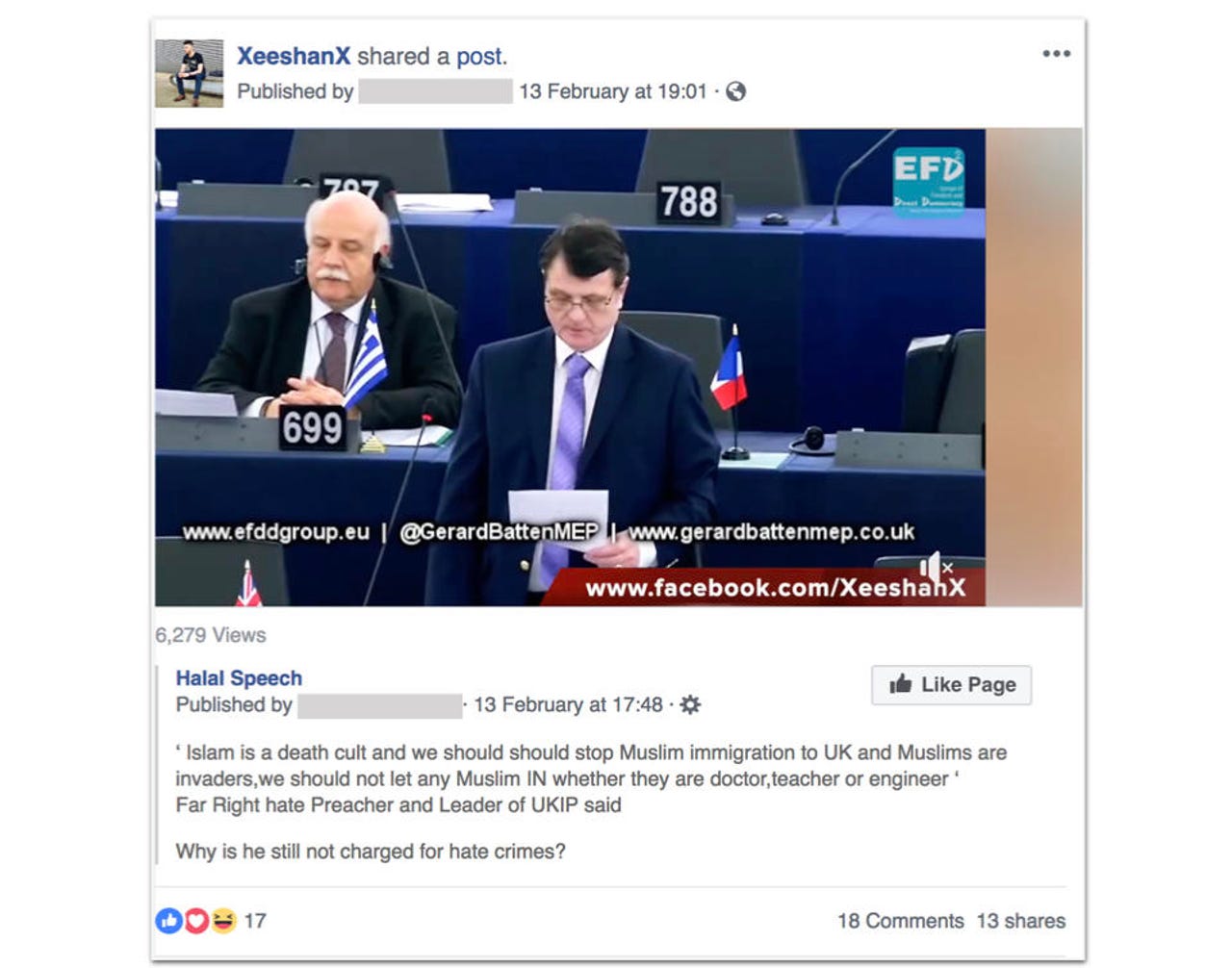Facebook removes disinformation accounts from the UK and Romania

Facebook removed today two separate disinformation networks that engaged in posting fake news, creating a political divide, and other coordinated and inauthentic behavior.
The two disinformation networks --one operating in the UK and the second in Romania-- were separate from one another and were only active in their respective countries.
The largest of these two networks was the one active in the UK, where Facebook removed 137 Facebook and Instagram accounts, Facebook pages, and Facebook groups.
- Presence on Facebook and Instagram: 23 Pages, 74 Facebook accounts, 5 Groups, and 35 Instagram accounts.
- Followers: About 175,000 accounts followed one or more of these Pages, and around 4,500 accounts followed one or more of these Instagram accounts.
- Advertising: Around $1,500 in spending for ads on Facebook paid for in US dollars and GB pounds. The first ad ran in December 2013, and the most recent ad ran in October 2018. We have not completed a review of the organic content coming from these accounts.
Facebook Head of Cybersecurity Policy Nathaniel Gleicher said the UK accounts "frequently posted about local and political news including topics like immigration, free speech, racism, LGBT issues, far-right politics, issues between India and Pakistan, and religious beliefs including Islam and Christianity."
The exec said the users part of this disinformation network operated on both sides of the political aisle, as both far-right and anti-far-right activists, in an attempt to create a political divide through hate speech and divisive Facebook comments.
To keep their actions hidden, the people behind this network frequently changed the names of their Facebook pages and groups.
Facebook said it discovered this network on its own but has cooperated and shared its findings with UK law enforcement.

The second disinformation network operated in Romania, and according to Facebook, had been posting partisan fake news in support of the local ruling party, the Social Democratic Party (PSD).
"Although the people behind this activity attempted to conceal their identities, our manual review found that some of this activity was linked to an individual associated with the PSD," Gleicher said.
- Presence on Facebook and Instagram: 4 Pages, 26 Facebook accounts, and 1 Group.
- Followers: About 1,550 Facebook accounts followed one or more of these Pages.
- Advertising: Around $650 in spending for ads on Facebook paid for in USD, EUR, and Romanian Leu. The first ad ran in December 2013, and the most recent ad ran in February 2019. We have not completed a review of the organic content coming from these accounts.
Facebook said it uncovered this network after tips from users and with the help of security industry partners.
This was the second time that Facebook intervened to clean up its network in Eastern Europe. Last month, Facebook also removed a propaganda network linked to Russian media group Sputnik.
The social network said that the Sputnik network had ran a social media influence campaign across the Baltics, Central Asia, the Caucasus, and Central and Eastern European countries, and in some cases even posed as local politicians from Romania, Latvia, Estonia, Lithuania, Armenia, Azerbaijan, Georgia, Tajikistan, Uzbekistan, Kazakhstan, Moldova, Russia, and Kyrgyzstan.
Adjust these Facebook privacy settings to protect your personal data
More cybersecurity news:
- North Korean hackers infiltrate Chile's ATM network after Skype job interview
- G Suite update warns you when someone is exporting your company's data
- Egypt government used Gmail third-party apps to phish activists
- NSA releases Ghidra, a free software reverse engineering toolkit
- Liberian ISP sues rival for hiring hacker to attack its network
- Hackers breach and steal data from South Korea's Defense Ministry
- Google now lets you donate to charity through the Play Store CNET
- Phishing and spearphishing: A cheat sheet for business professionals TechRepublic